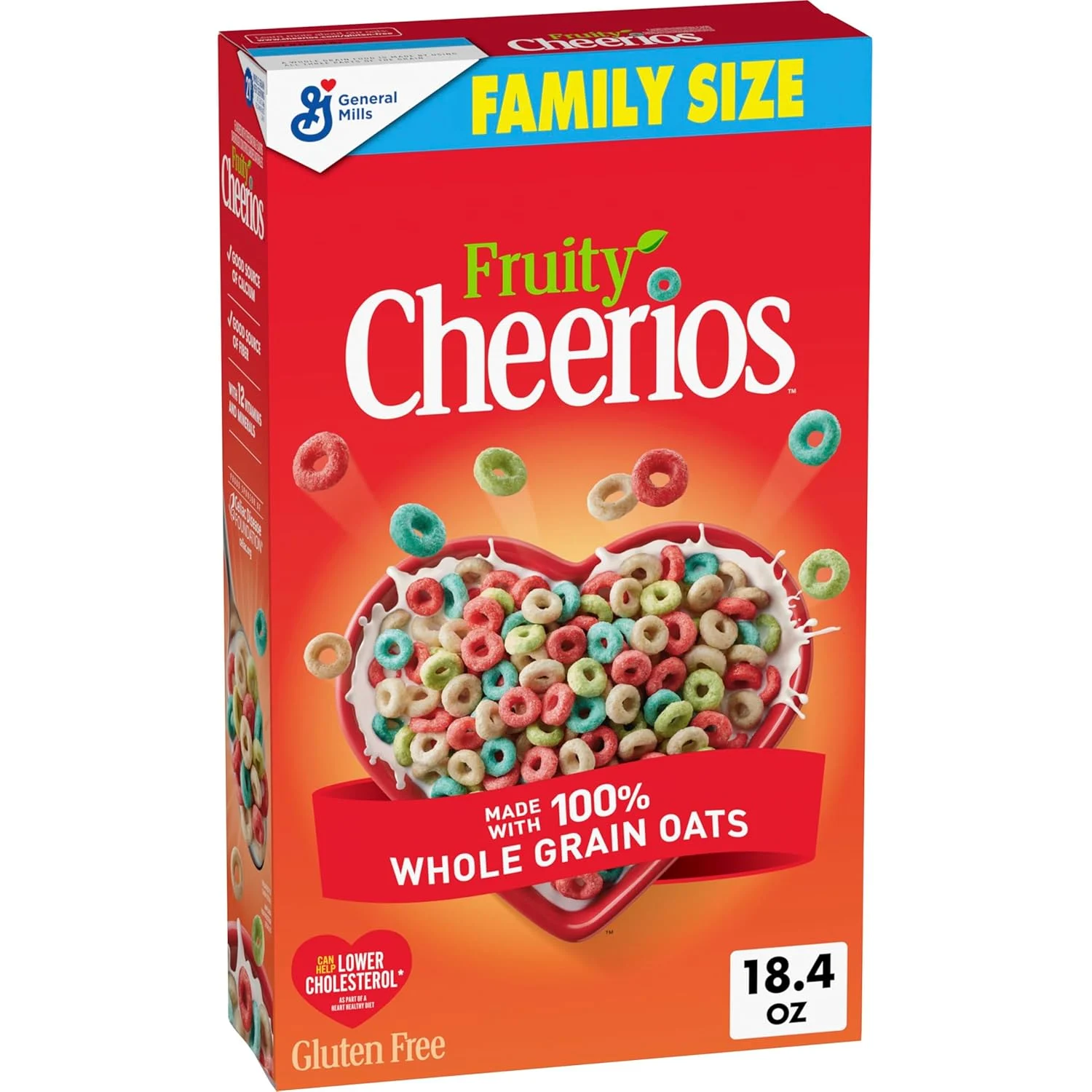Fruity Cheerios
sweetened cereal • For 0-6 month old infants • Consumable 🍝
Product Images
Product Photo

Tap to enlarge
Ingredient List

Tap to enlarge
Is this safe for 0-6 month old newborns to eat Fruity Cheerios?
Check for Different Age (6 available)
Ingredients Analysis (47 found)
Common Questions About Fruity Cheerios
Is this newborn-safe? Fruity Cheerios
Fruity Cheerios is not recommended for 0-6 month old babies due to potentially harmful ingredients.
What ingredients should I watch out for?
We analyzed 47 ingredients in Fruity Cheerios. 5 avoid, 7 concerning, 6 caution. Check the detailed analysis above for specific concerns.
When can newborns start eating sweetened cereal?
The appropriate age depends on the specific ingredients. This analysis is for 0-6 month old babies. Use the age selector above to check other ages.
⚠️ Important Disclaimers
Product Recognition: Product names are identified by AI and may be incorrect. Always verify product identity yourself.
Safety Analysis: Evaluations are for research only - consult pediatricians for medical decisions.
No Guarantees: Results may be incomplete or inaccurate. Do not rely solely on this analysis.
